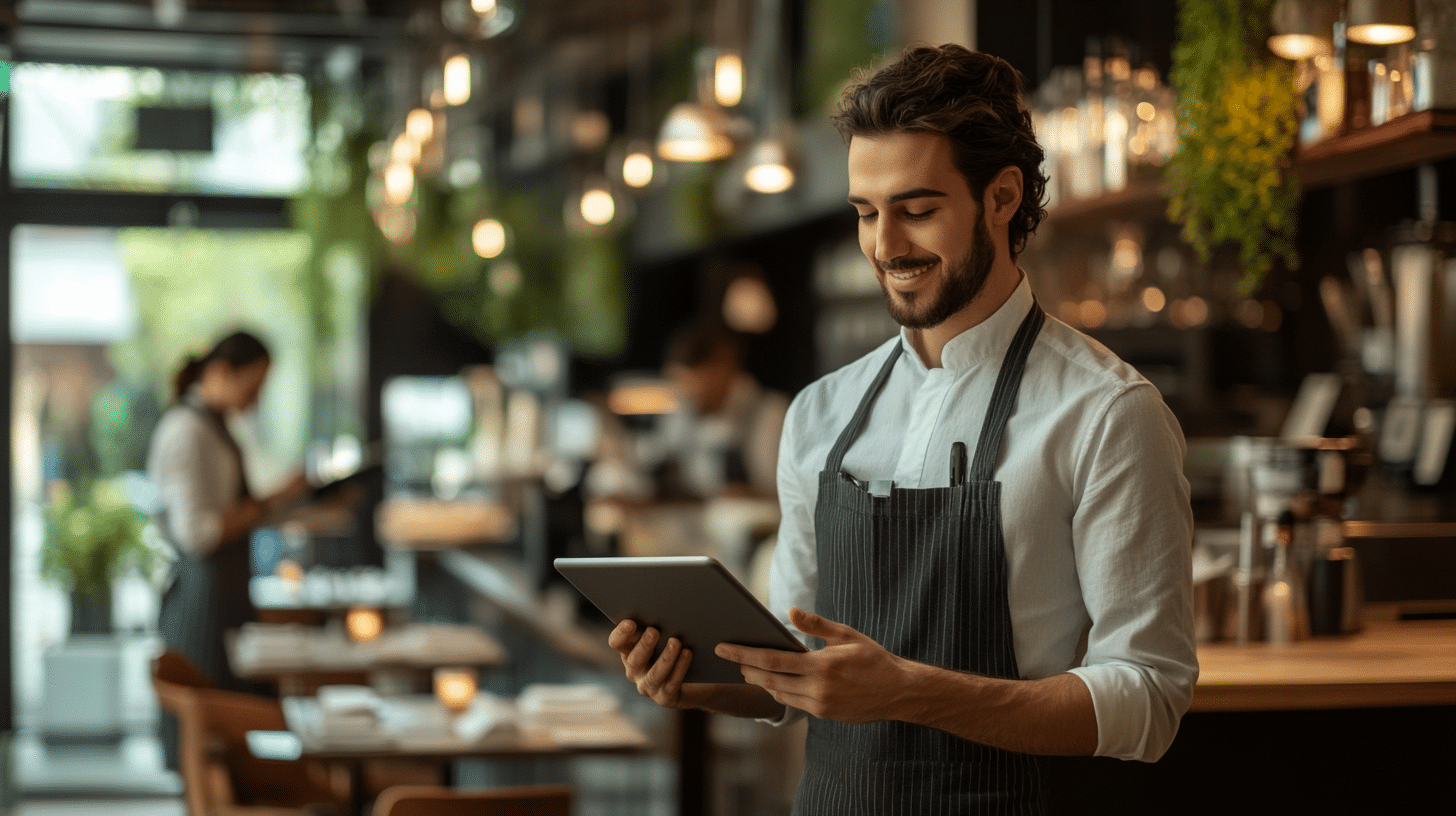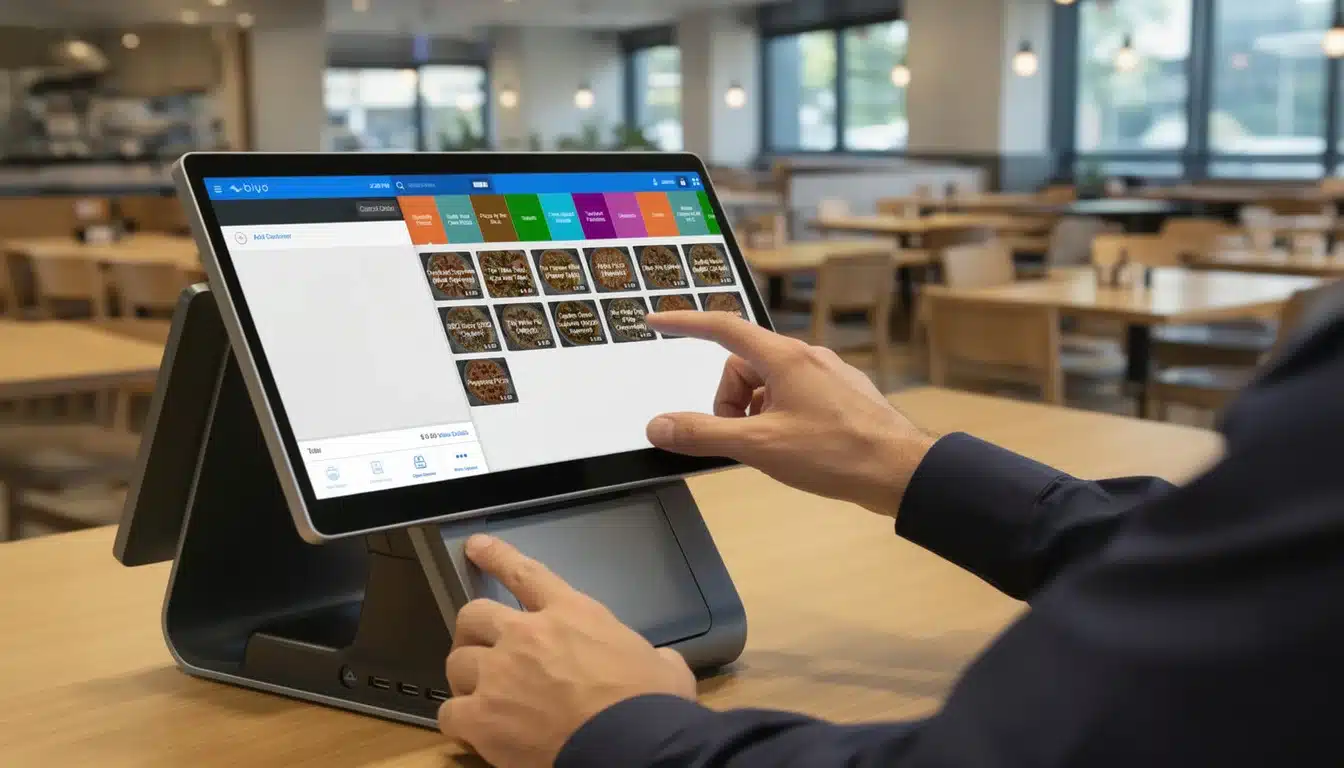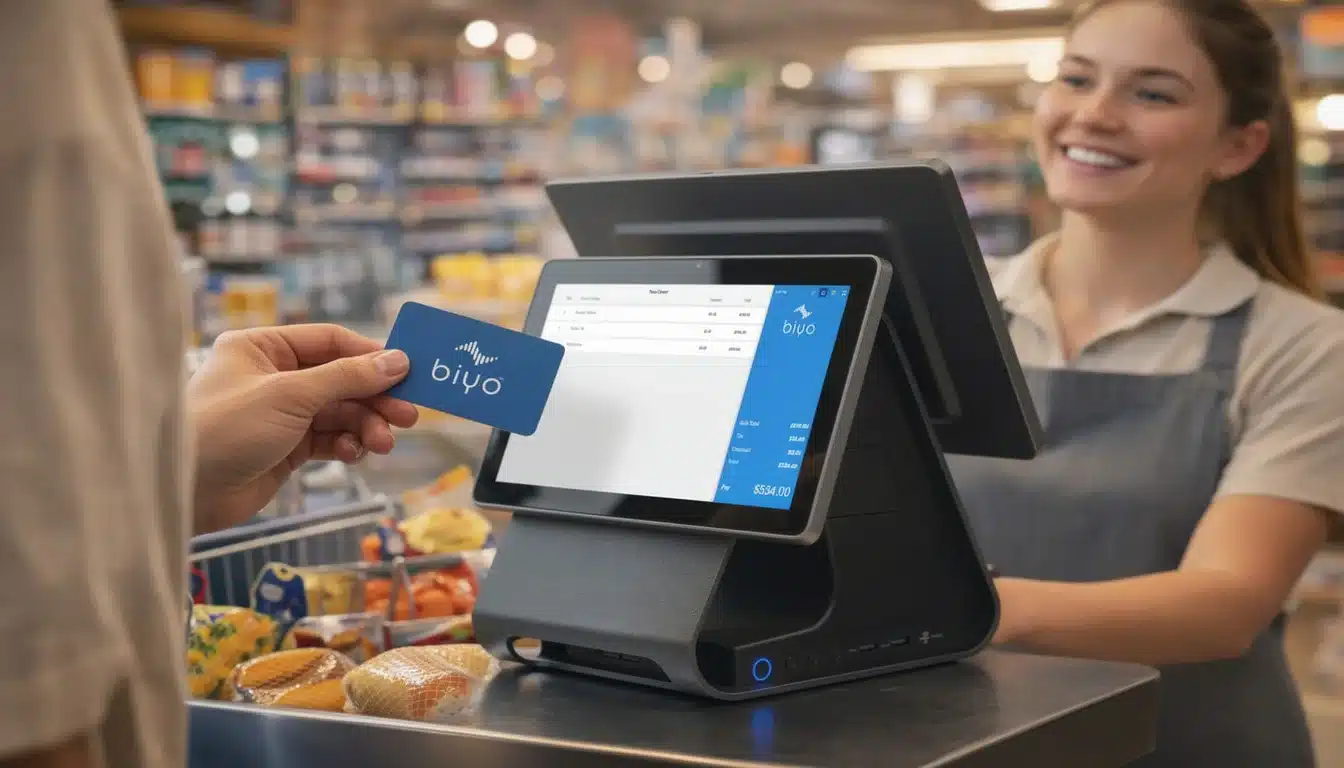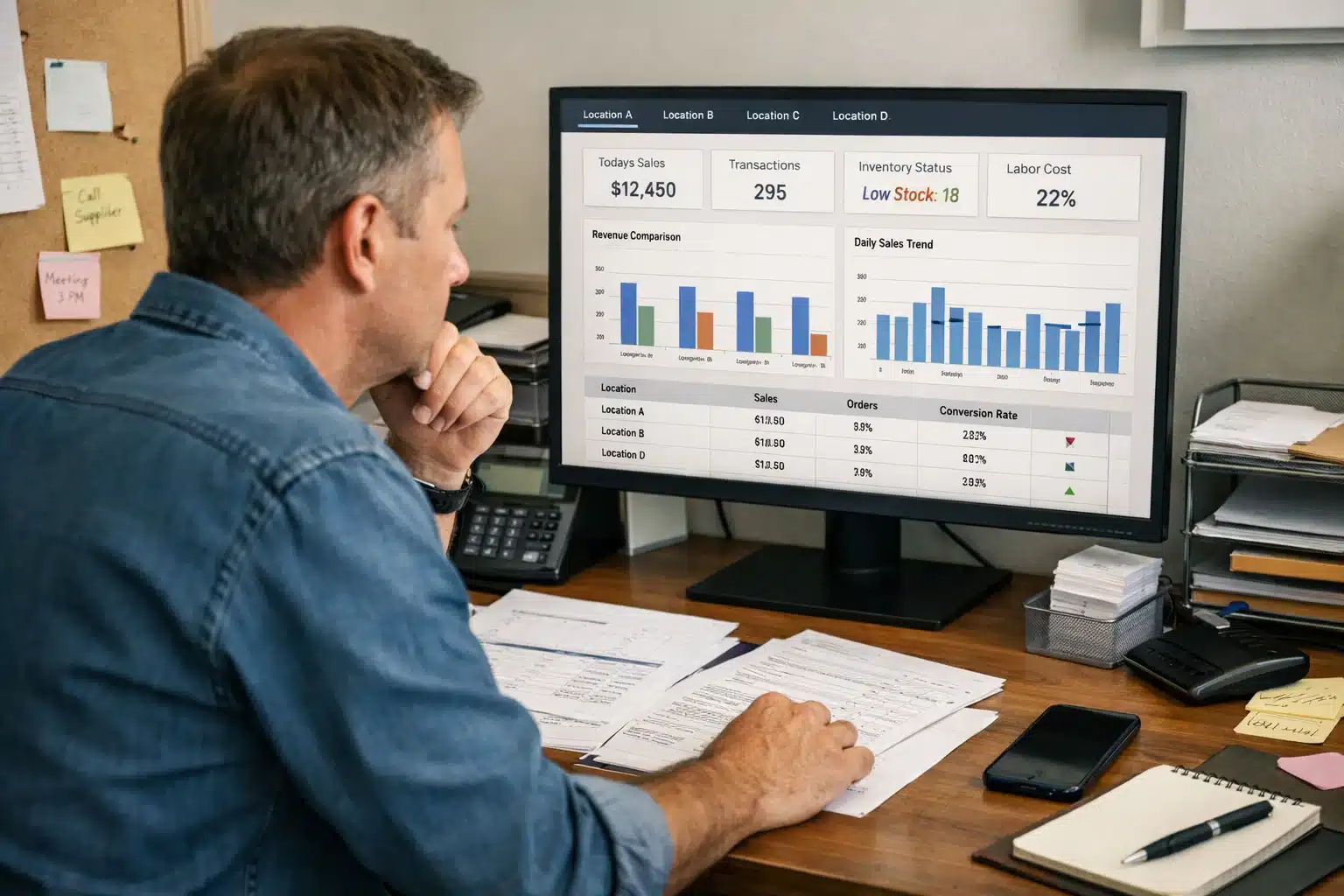In the competitive world of dining, maintaining strong relationships with guests is essential for success. A restaurant CRM (Customer Relationship Management) system provides a powerful toolset that helps restaurants manage customer data, build loyalty, and boost revenue. By integrating customer management, loyalty programs, reservation tracking, and personalized marketing, restaurant CRM solutions revolutionize how foodservice businesses engage with their patrons.
Table of Contents
- Understanding Restaurant CRM: The Backbone of Customer Management
- Enhancing Guest Experience with Restaurant CRM Features
- The Power of Data Analytics and Customer Segmentation
- Boosting Customer Retention through Personalized Marketing
- Integrating Mobile CRM and Social Media for Modern Dining
- How Biyo POS Elevates Restaurant CRM Experience
- Frequently Asked Questions
Understanding Restaurant CRM: The Backbone of Customer Management
Restaurant CRM, or restaurant relationship management, serves as a specialized hospitality CRM designed specifically for the foodservice industry. This software centralizes guest profiles, booking history, order history, and feedback collection into one accessible platform. By consolidating these vital data points, restaurants gain a comprehensive view of their customers’ dining preferences and behavior patterns, allowing for more meaningful interactions.
Customer management lies at the heart of restaurant CRM systems. Unlike generic CRM platforms, restaurant CRM focuses on features tailored for hospitality businesses such as table management, reservation tracking, and loyalty program integration. These components help staff deliver exceptional service while optimizing restaurant operations.
One of the unique aspects of restaurant CRM is its ability to handle VIP management and promotion targeting. This means restaurants can identify high-value guests and tailor exclusive offers or rewards to nurture long-term loyalty. This capability transforms typical dining experiences into personalized journeys, fostering deeper emotional connections with patrons.
What Makes Restaurant CRM Different from Traditional CRM Systems?
While traditional CRM software manages customer interactions across various industries, restaurant CRM caters specifically to the nuances of the hospitality sector. It integrates seamlessly with point-of-sale (POS) systems and reservation platforms, enabling real-time data updates.
Moreover, restaurant CRM incorporates tools like automated reminders for reservations, ensuring guests never miss their bookings. This feature helps reduce no-shows and improves table turnover rates, directly impacting revenue.
By focusing on dining customer insights, restaurant CRM systems provide actionable data for marketing campaigns, operational improvements, and personalized guest experiences, which generic CRM tools often overlook.
The Role of Guest Profiles in Restaurant CRM
Guest profiles are central to effective restaurant relationship management. Each profile compiles critical details, including order history, dietary preferences, favorite dishes, and even special occasions like birthdays or anniversaries.
This depth of information allows restaurant staff to customize service and promotions, making guests feel valued and understood. For instance, a server might recommend a dish based on previous orders or extend a special birthday discount automatically triggered by the CRM.
Furthermore, guest profiles support VIP management by highlighting loyal customers who deserve premium treatment, such as priority reservations or exclusive offers, enhancing their overall experience and loyalty.
Reservation Tracking and Table Management Simplified
Efficient reservation tracking is crucial to any restaurant’s success. Restaurant CRM systems integrate reservation data with table management tools, enabling hosts to allocate seating strategically and avoid overcrowding or underutilization.
Automated reminders sent via SMS notifications or email campaigns reduce the chances of missed reservations, while real-time updates help staff adjust to walk-ins or cancellations smoothly. This synchronization improves operational efficiency and guest satisfaction simultaneously.
By keeping an organized booking history, restaurants can analyze peak hours and optimize staffing levels, ultimately boosting profitability and guest comfort.
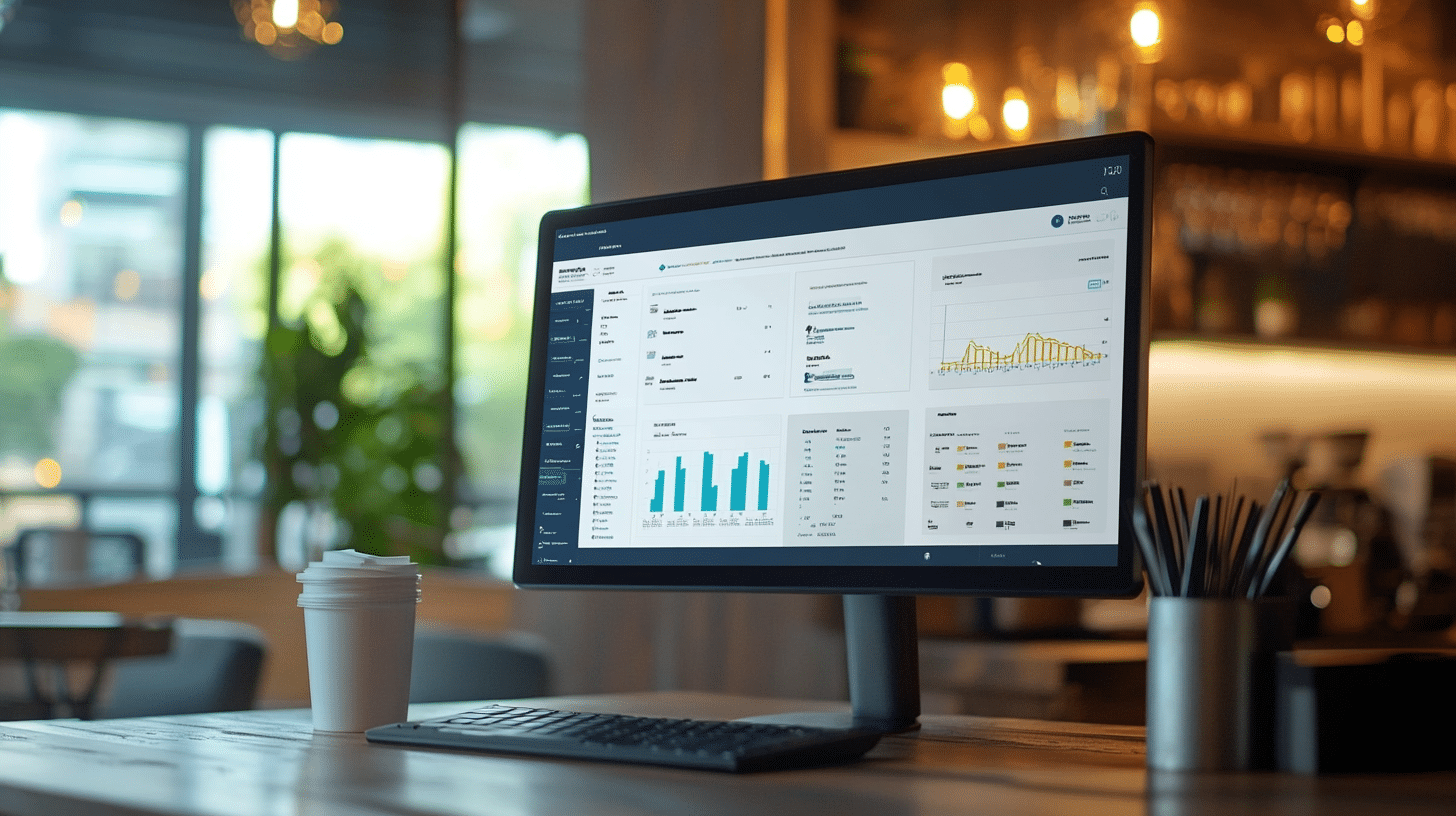
Enhancing Guest Experience with Restaurant CRM Features
Creating memorable dining experiences hinges on understanding customers deeply and anticipating their needs. Restaurant CRM facilitates this by empowering restaurants with tools for personalized marketing, loyalty programs, and review management that drive positive engagement.
Personalized marketing campaigns, delivered through email campaigns and SMS notifications, allow restaurants to connect with customers on a personal level. This tailored approach increases the chances of promotion targeting success and drives repeat visits.
Additionally, loyalty programs managed via CRM incentivize customers to return by rewarding frequent dining with points, discounts, or exclusive perks. These programs foster emotional bonds that turn casual visitors into lifelong patrons.
Leveraging Feedback Collection to Improve Service
Feedback collection is an essential feature of restaurant CRM. Capturing guest opinions about their dining experience helps identify strengths and areas needing improvement. Immediate access to reviews enables managers to respond promptly, showing customers that their voice matters.
This process not only boosts customer retention but also enhances the restaurant’s online reputation. Positive review management leads to higher visibility on social media and search engines, attracting new guests eager to try a well-regarded establishment.
Moreover, analyzing feedback data reveals trends that can influence menu updates, staff training, or ambiance adjustments, ensuring continuous service excellence.
How Loyalty Programs Drive Customer Retention
Loyalty programs integrated within restaurant CRM reward repeat customers, encouraging ongoing engagement. These programs typically track points earned through visits or spending and offer benefits like free meals, discounts, or early access to special events.
Restaurant owners can segment customers based on loyalty status to tailor communication and promotions more effectively. For example, VIP guests might receive exclusive invitations or personalized offers unavailable to regular customers.
By consistently recognizing loyal patrons, restaurants foster a sense of community and belonging that enhances overall satisfaction and retention rates.
Personalized Marketing through Email and SMS Campaigns
Restaurant CRM enables targeted marketing by utilizing customer segmentation and detailed guest profiles. Email campaigns can include special menus, seasonal offers, or event announcements designed to appeal to specific audience groups.
SMS notifications provide timely reminders for upcoming reservations or last-minute promotions, capitalizing on immediate customer attention. This dual-channel approach increases the likelihood of engagement and bookings.
Personalized marketing not only boosts sales but also builds stronger relationships by demonstrating attentiveness to customers’ preferences and lifestyles.
The Power of Data Analytics and Customer Segmentation
Data analytics plays a pivotal role in maximizing the benefits of restaurant CRM. By transforming raw customer data into actionable insights, restaurants can make smarter decisions to optimize operations, marketing, and guest satisfaction.
Customer segmentation divides the dining audience into meaningful groups based on demographics, spending habits, or dining frequency. This process helps restaurants tailor their offerings and communication strategies to meet distinct customer needs.
Through comprehensive data analysis, restaurants gain a competitive edge by identifying trends, forecasting demand, and measuring the effectiveness of promotions and loyalty initiatives.
Using Data Analytics to Understand Dining Customer Insights
Data analytics tools within restaurant CRM track key metrics such as visit frequency, average spend, and popular menu items. These insights help managers understand what drives customer behavior and adjust strategies accordingly.
For example, if analysis shows a spike in orders for a particular dish, the kitchen can prepare accordingly to avoid delays. Similarly, recognizing slow periods allows for targeted promotions to boost traffic.
By continuously monitoring these insights, restaurants can maintain a dynamic approach that meets customer expectations and maximizes profitability.
Effective Customer Segmentation Techniques
Customer segmentation involves categorizing guests based on attributes like age, visit frequency, or spending levels. Restaurant CRM automates this process by using data collected from guest profiles and booking history.
Segmentation enables focused promotion targeting, ensuring marketing efforts reach the right audience at the right time. For example, younger diners might receive invitations to trendy events, while families get kid-friendly menu offers.
This level of personalization increases campaign relevance, resulting in higher engagement and conversion rates.
Optimizing Promotion Targeting through CRM
Promotion targeting powered by restaurant CRM ensures marketing dollars are spent wisely. By analyzing customer data, restaurants can identify the most receptive segments and craft offers that resonate deeply.
This targeted approach reduces wasted effort and enhances campaign ROI. For instance, sending a discount on desserts to customers who frequently order sweets can encourage more visits and upselling.
Furthermore, combining promotion targeting with loyalty programs creates a seamless experience that rewards customers while driving incremental sales.
Boosting Customer Retention through Personalized Marketing
Customer retention is a cornerstone of restaurant success, and personalized marketing strategies enabled by restaurant CRM make it achievable. By understanding guest preferences and behavior, restaurants can deliver relevant messages that foster loyalty and repeat visits.
Automated reminders, VIP management, and tailored promotions ensure that customers feel valued and appreciated. These techniques strengthen emotional connections, turning occasional diners into brand advocates.
Ultimately, the goal is to create a cycle of engagement where customers consistently choose your restaurant over competitors.
Automated Reminders and Their Impact on Loyalty
Automated reminders sent through email or SMS keep customers informed about upcoming reservations, special events, or exclusive offers. These timely notifications reduce no-shows and encourage diners to return regularly.
By consistently staying on the customer’s radar, restaurants build familiarity and trust. This proactive communication demonstrates attentiveness and helps maintain top-of-mind awareness.
Such reminders can be customized based on guest profiles to enhance their effectiveness further.
VIP Management: Treating Top Customers Right
VIP management is a feature of restaurant CRM that identifies and rewards the most valuable customers. By tracking order history and visit frequency, the system flags high-spending or frequent diners for special attention.
VIPs may receive personalized offers, priority seating, or exclusive event invitations, making them feel uniquely appreciated. This special treatment fosters loyalty and encourages advocacy, as happy VIPs often recommend the restaurant to others.
Recognizing VIPs also allows staff to deliver exceptional service tailored to their preferences, enhancing the overall experience.
Crafting Tailored Promotions to Engage Customers
Personalized promotions designed from customer data improve campaign relevance and effectiveness. Restaurants can create offers based on past orders, special occasions, or customer segmentation to increase appeal.
For instance, a promotion targeting customers who haven’t visited in a while with a discount offer can reactivate dormant patrons. Similarly, seasonal menu highlights sent to frequent diners keep them engaged and excited.
This tailored approach increases conversion rates and builds a loyal customer base eager to respond to future marketing efforts.
Integrating Mobile CRM and Social Media for Modern Dining
Modern diners expect seamless mobile experiences and social media connectivity. Restaurant CRM systems have evolved to include mobile CRM capabilities and social media integration, expanding outreach and engagement opportunities.
Mobile CRM allows staff to access guest data on the go, improving service responsiveness and personalized interactions. Social media integration enables restaurants to manage reviews, promotions, and customer communication directly from one platform.
Together, these features keep restaurants connected to their audience in real-time, creating dynamic and interactive relationships.
Advantages of Mobile CRM for Restaurants
Mobile CRM empowers restaurant teams to access guest profiles, booking history, and loyalty program data from smartphones or tablets. This accessibility helps servers and managers provide personalized service no matter where they are in the restaurant.
For example, a server can check a guest’s dietary preferences before recommending a dish, while managers can monitor reservation statuses remotely. This flexibility improves operational efficiency and enhances guest satisfaction.
Mobile CRM also supports SMS notifications and automated reminders, ensuring timely communication regardless of staff location.
Social Media Integration and Review Management
Restaurant CRM’s social media integration streamlines review management and customer engagement. Managers can monitor and respond to online reviews from platforms like Google, Yelp, and Facebook without switching applications.
Engaging promptly with reviews shows customers their feedback matters, improving reputation and fostering trust. Social media integration also supports promotion targeting by broadcasting special offers and events to followers directly.
This unified approach simplifies digital marketing efforts and enhances overall customer retention.
Maximizing Customer Retention with Mobile and Social Tools
Combining mobile CRM and social media features boosts customer retention by maintaining continuous contact. Restaurants can send timely reminders, share personalized promotions, and respond to feedback instantly.
This omnichannel engagement keeps customers connected and valued, increasing the likelihood of repeat visits. Additionally, social media interactions encourage word-of-mouth marketing, expanding the restaurant’s reach organically.
Ultimately, these tools transform traditional CRM into a dynamic platform tailored for the modern dining experience.
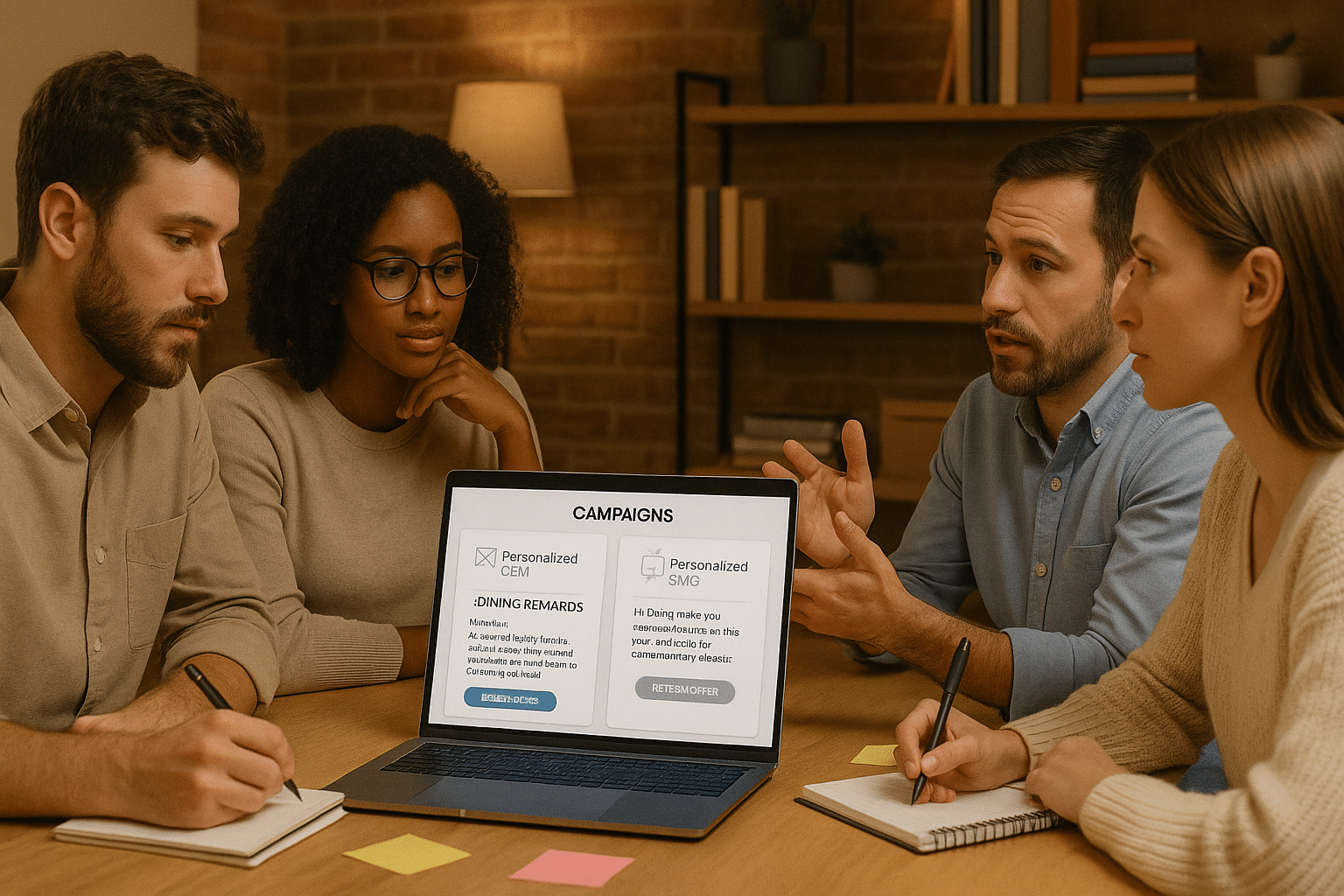
How Biyo POS Elevates Restaurant CRM Experience
Biyo POS integrates robust restaurant CRM features designed to simplify customer management and enhance guest loyalty. Its platform combines reservation tracking, table management, and comprehensive guest profiles to deliver seamless operations.
With Biyo POS, restaurants can launch personalized email campaigns and SMS notifications effortlessly. Automated reminders reduce no-shows, while loyalty programs reward frequent diners, driving repeat business. The system’s data analytics capabilities empower managers to segment customers effectively and tailor promotion targeting for maximum impact.
Moreover, Biyo POS offers mobile CRM and social media integration, ensuring restaurants stay connected with their audience anytime, anywhere. This all-in-one solution helps hospitality businesses build lasting customer relationships and thrive in today’s competitive foodservice market.
Frequently Asked Questions
What is a restaurant CRM, and why is it important?
A restaurant CRM is specialized software designed to help foodservice businesses manage customer relationships effectively. It centralizes guest data, supports loyalty programs, tracks reservations, and enables personalized marketing. Using restaurant CRM enhances guest experience, increases customer retention, and boosts revenue.
How does restaurant CRM improve reservation and table management?
Restaurant CRM integrates reservation tracking with table management tools, allowing hosts to assign tables efficiently and reduce no-shows through automated reminders. This leads to better seating optimization, improved guest flow, and higher profitability.
Can restaurant CRM help with personalized marketing campaigns?
Yes, restaurant CRM uses guest profiles and customer segmentation to create targeted email campaigns and SMS notifications. These personalized messages increase engagement, encourage repeat visits, and improve promotion targeting effectiveness.
What role does data analytics play in restaurant CRM?
Data analytics within restaurant CRM transforms customer data into actionable insights. It helps identify trends, understand dining customer behavior, segment audiences, and measure marketing campaign success, enabling smarter business decisions.
Is mobile CRM important for restaurants?
Mobile CRM is crucial for modern restaurants as it allows staff to access customer data and manage interactions from any location. It improves service speed, supports automated communication, and ensures flexibility in managing guest relationships.
